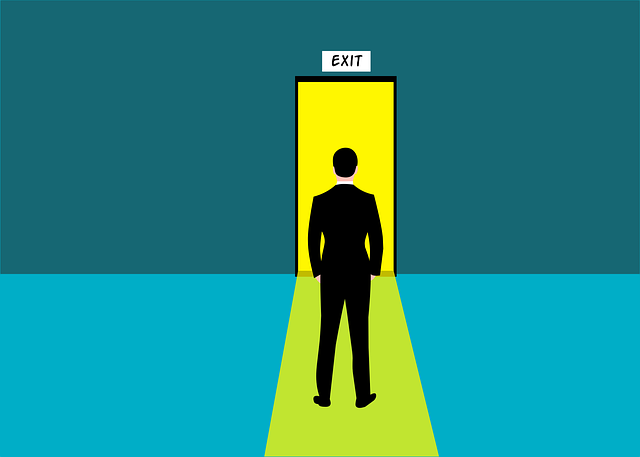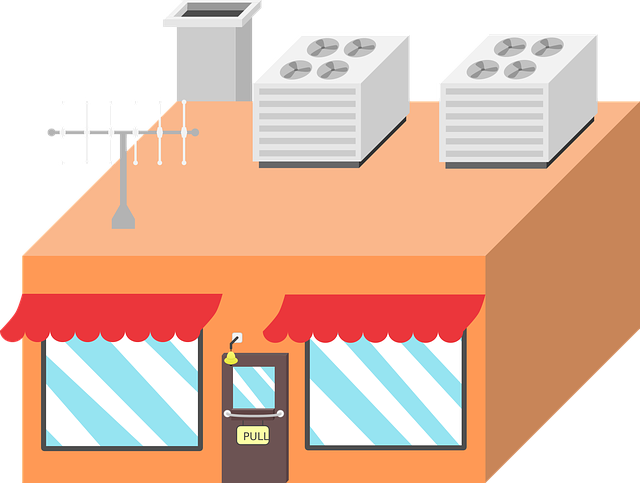The real estate industry is experiencing a significant trend towards integrating shopping and leisure concepts, creating immersive experiences like pop-up stores and mixed-use developments with cinemas, restaurants, and retail spaces. This strategy boosts foot traffic, extended stay durations, and consumer engagement, attracting diverse demographics and fostering community building, especially in urban areas. Mixed-use spaces enhance the urban experience, boost local economies, and increase property values, making them crucial game changers for improving residents' quality of life. Innovative concepts like Amazon Go and IKEA's "IKEA Place" app drive foot traffic and foster stronger customer engagement, revolutionizing global retail and entertainment landscapes.
“The evolution of retail spaces is reshaping urban landscapes, blurring the lines between traditional shopping and entertainment. This article explores the burgeoning trend of mixed retail and entertainment concepts from a real estate perspective. We delve into the factors driving this fusion, analyze successful case studies, and provide insights for developers aiming to create engaging spaces. Additionally, we offer market analysis and future projections, shedding light on the investment potential and risks associated with this dynamic sector in the real estate market.”
Trending Retail and Entertainment Fusion: A Real Estate Perspective

In recent years, we’ve witnessed a compelling trend in the retail and entertainment sectors—the fusion of concepts that blurs the lines between shopping and leisure. This merging is not just a consumer preference shift; it’s a strategic move by real estate developers and businesses to create immersive experiences. From pop-up stores with interactive exhibits to mixed-use developments housing cinemas, restaurants, and retail spaces, this integration offers diverse benefits.
Real estate professionals are recognizing the potential of these hybrid models, which can drive foot traffic, extend stay duration, and enhance overall consumer engagement. Entertainment-driven retail spaces not only attract a wider demographic but also foster community building and create memorable brand associations. This trend is particularly evident in urban areas where mixed-use properties offer convenient, multi-faceted experiences, aligning with the modern consumer’s desire for seamless, captivating journeys.
– Exploring the rise of mixed-use spaces

In recent years, there has been a notable trend in real estate development towards mixed-use spaces that seamlessly blend retail and entertainment concepts. This evolution is reshaping urban landscapes, offering residents and visitors diverse amenities under one roof. The integration of shops, restaurants, cinemas, and leisure activities creates vibrant hubs that cater to various needs and preferences.
Mixed-use developments provide numerous advantages, from enhancing the overall urban experience to boosting local economies. By combining retail and entertainment, these spaces foster community engagement, encourage foot traffic, and create a sense of destination. Real estate investors and developers recognize the potential of such projects to attract a wide demographic, leading to increased property values and improved quality of life for residents in these areas.
– Case studies: Successful retail-entertainment hybrids

Mixed retail and entertainment concepts have gained significant traction in recent years, transforming traditional real estate into vibrant hubs that cater to a diverse range of consumer needs and desires. Case studies from around the globe highlight the success of these hybrids, such as the Amazon Go stores that combine retail shopping with a seamless, contact-less payment experience, drawing large crowds to their locations.
Another noteworthy example is the rise of experiential retail, where retailers create immersive environments that go beyond traditional sales. For instance, IKEA’s “IKEA Place” app allows customers to virtually place furniture in their homes, enhancing the shopping experience and reducing the need for physical stores. These innovative concepts not only drive foot traffic but also foster stronger customer engagement and loyalty, reshaping the landscape of retail and entertainment globally.






